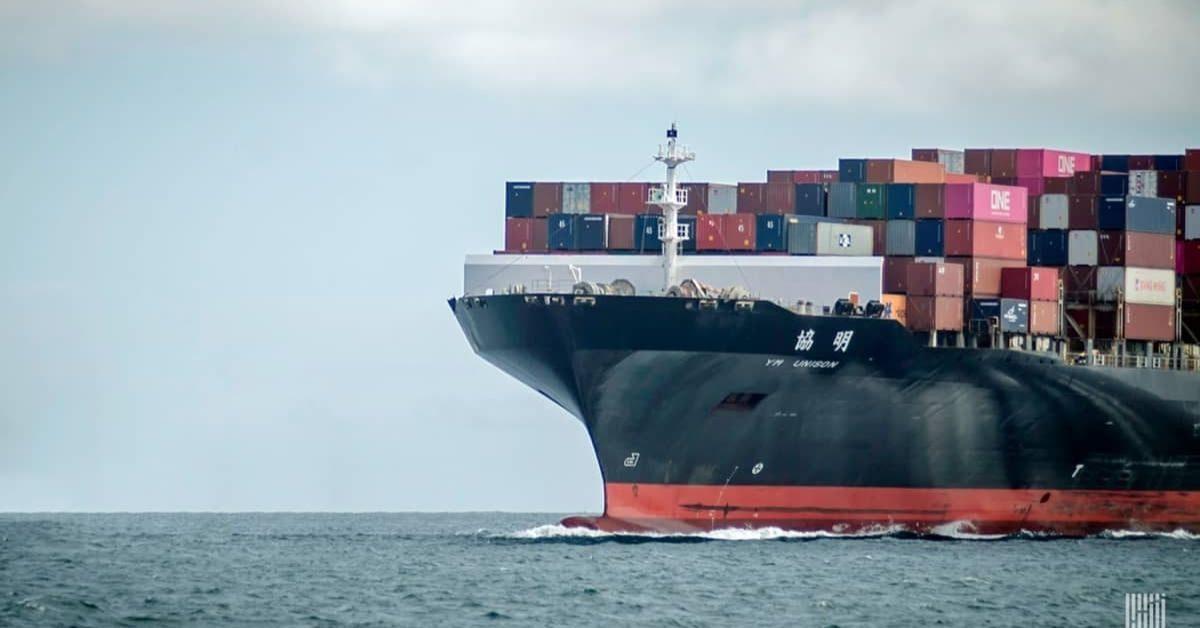Containerised imports into Africa in the first seven months of this year grew by 10.1% in comparison to the same period in 2019 and by 6.7% compared to the historically high 2022, according to Maersk Broker. The main driver of this increase has been the trade from Asia into the African west coast. The trade volume on this tradelande has grown by 20.9% compared to last year. Volumes from the Middle East and South America into West Africa have also contributed to the increase.
Such growth trends are also visible in the deployment on the Asia – West Africa trade, where the deployed tonnage in October this year has grown by 22.3% in teu terms compared to the same period of 2022, according to data from Maersk Broker.
According to data from Container Trade Statistics, the Asia-Africa market is the strongest growing ex-Asia market in 2023, having seen August 2023 year-to-date, year-on-year volume growth of 19.6%, far better than the global contraction of -3.3%.
However, the Asia-Africa trade only accounts for 3.2% of the global deepsea volumes in 2023 year-to-date, compared to the 17.9% market share of Asia-North America or 14.7% of Asia-Europe.
Since most parts of Africa are experiencing rapid urbanisation, we expect the demand for building materials, electronics, furniture and other containerised goods to continue increasing,” stated the latest weekly container report from Maersk Broker.
Of all the trade lanes tracked by UK consultancy Maritime Strategies International (MSI) it is the Asia to Africa route that has experienced the strongest growth this year.
Describing the growth merely as “okay”, Lars Jensen, CEO of container advisory Vespucci Maritime, suggested the numbers were not that remarkable.
The latest data from CTS shows that Far East to Africa has grown 15% since 2019 which equals 3.5% average annual growth, Jensen pointed out.
“This is a trade which grew almost 7% in 2019 before the pandemic, hence okay growth but in essence just playing catch-up to the pre-pandemic growth trajectory,” Jensen told Splash.
“The Asia-Africa trade is a challenging trade to serve, and has continually been suffering from high vessel delays and poor schedule reliability, and a very high degree of disruptions and exception handling,” commented Alan Murphy, the CEO of Danish liner consultancy Sea-Intelligence.







